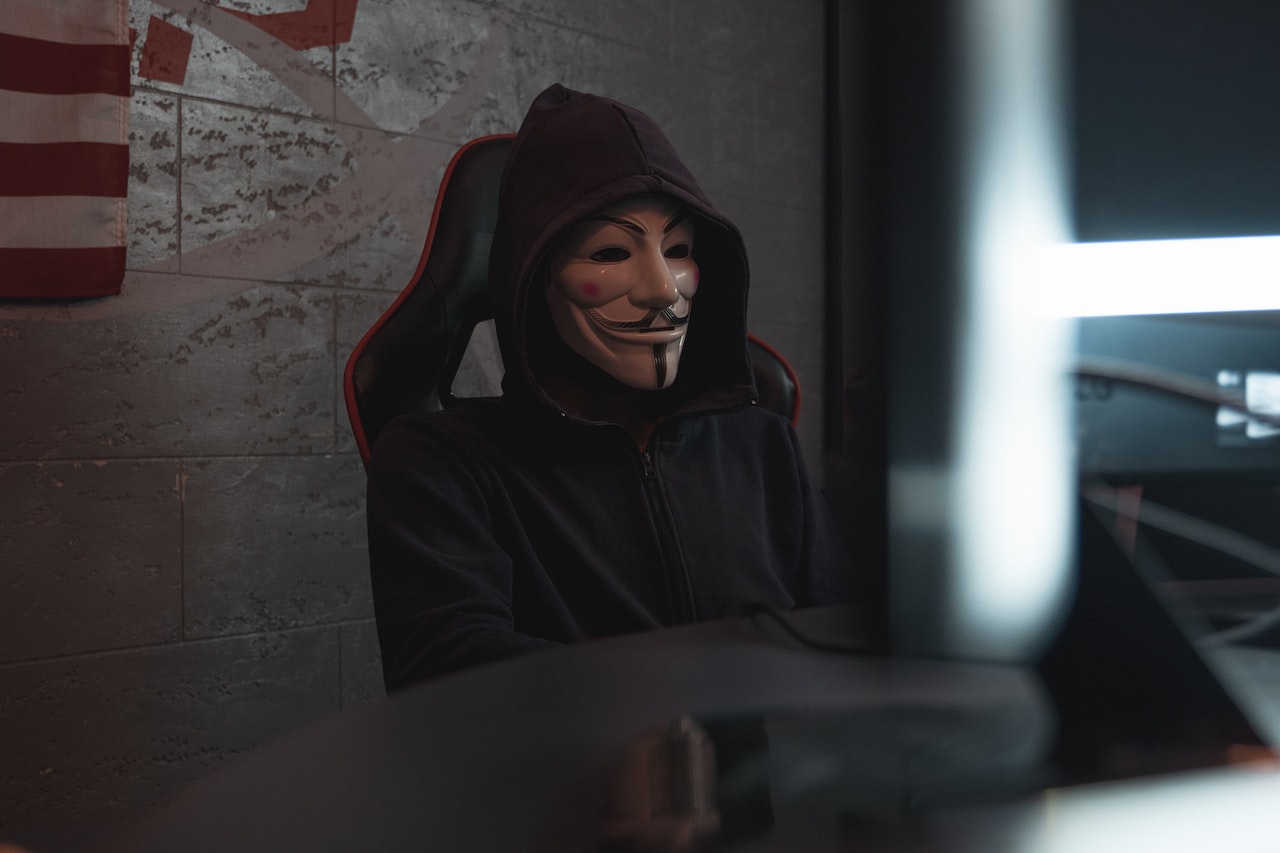WhatsApp, the world’s most popular instant messaging platform, is widely used for personal and professional communications. However, when it comes to the use of WhatsApp by police departments for official communications, there are several reasons why this should be avoided.
Top Reasons Why Police Should Avoid WhatsApp for Official Communications
Lack of Security
WhatsApp uses end-to-end encryption for its messages, which is great for personal privacy. However, this encryption also makes it difficult for police to monitor and retrieve critical information in case of an investigation. Additionally, the encrypted messaging offered by WhatsApp can also prevent the interception of messages by authorized law enforcement agencies, making it difficult to prevent and investigate crimes.
No Guarantee of Privacy
WhatsApp’s terms of service state that it may collect and share user data, including personal information and communication data, with third parties for various purposes such as improving its services, offering personalized experiences, and responding to legal requests. This means that if a law enforcement agency makes a valid request for user data, WhatsApp may be required to comply and provide the requested information.
Unreliable Delivery
The unreliability of the delivery of messages on WhatsApp can be a significant challenge for law enforcement agencies. In critical situations, such as police operations, real-time communication is essential. However, if messages are delayed or not delivered at all, it can impact the safety of the operation and lead to dangerous consequences.
Additionally, if sensitive information is being shared through WhatsApp, it could be compromised if the message is not delivered or is delayed. This could potentially put lives at risk, or result in the exposure of confidential information, making it a significant security concern for law enforcement. Hence, the unreliable delivery of WhatsApp messages could have far-reaching consequences and undermine the trust in the platform as a secure means of communication for the police department.
Limited Control Over Data
The police department may face challenges in obtaining access to the data stored on WhatsApp’s servers, as the servers are located in different countries or regions. This can create legal and logistical barriers to accessing the data, as the police must navigate different laws and regulations, and possibly work with foreign authorities to obtain the information they need.
Additionally, WhatsApp’s privacy policies and encryption measures can further limit the police department’s ability to access and control the data transmitted over the platform. This can hinder their ability to effectively investigate and prosecute criminal activity that may be taking place on the platform.
No Administrative Control
WhatsApp does not have tools or features that would allow administrators, such as those in a police department, to manage and monitor the use of the platform by a large number of users. This could include things like setting policies for password strength, controlling access to sensitive information, monitoring user activity, and enforcing compliance with security protocols.
The lack of these administrative controls can increase the risk of security breaches and unauthorized access to sensitive information. Additionally, it can also make it more difficult for law enforcement to efficiently manage and monitor communication within their organization, potentially hindering their ability to effectively carry out their duties.
No Audit Trails
Law enforcement agencies cannot easily track the flow of information on the platform, making it challenging to gather evidence for investigations. In the absence of a comprehensive record of messages, law enforcement may have difficulty tracing the origin of illegal or suspicious activities, or determining the extent of communication between individuals involved in criminal activity. Furthermore, without an audit trail, it can be difficult to establish a clear chain of evidence, making it harder for law enforcement to build a solid case against individuals involved in criminal activities. The absence of an audit trail is a significant drawback for law enforcement agencies and can hinder their ability to effectively carry out investigations and enforce the law.
No Control Over Access
WhatsApp allows anyone with access to a user’s phone to see the messages, including photos and videos. This lack of control over access makes it difficult for police departments to manage sensitive information and could result in data breaches.
No Records Management
WhatsApp does not have an official records management system. This means that there is no way to store, organize, or archive messages, which could be critical in a court of law.
No Accountability
WhatsApp does not have a way to track who sent a message or when it was sent, making it difficult to hold individuals accountable for their actions.
Unreliable Backup
WhatsApp does not have a reliable backup system for messages, which means that important information could be lost forever in case of device loss or damage.
Alternative Solutions for Police Departments
Given the numerous issues associated with using WhatsApp for official communications, police departments should consider alternative platforms that provide enhanced security, control, and reliability. Secure messaging apps designed specifically for organizational use can offer features like administrative controls, audit trails, and robust data management systems. These tools ensure that sensitive information is protected and that communication can be monitored and managed effectively.
Implementing Secure Communication Solutions
Police departments should prioritize implementing communication solutions that meet their specific needs. This includes selecting platforms with strong encryption, comprehensive administrative tools, and reliable backup systems. Training personnel on the proper use of these platforms is also crucial to ensure compliance with security protocols and to maximize the benefits of secure communication tools.
Conclusion
While WhatsApp may be a convenient and widely used platform for personal communications, it is not suitable for official use by police departments. Police departments should consider alternative communication platforms that provide secure and controlled access, reliable backup, and accountability to ensure that sensitive information is protected and retrievable in case of investigation. By adopting more secure communication solutions, police departments can improve their operational efficiency and maintain the integrity of their communications.


